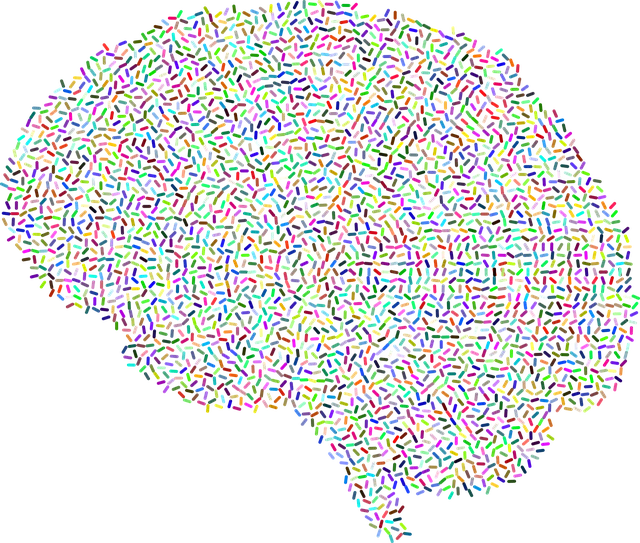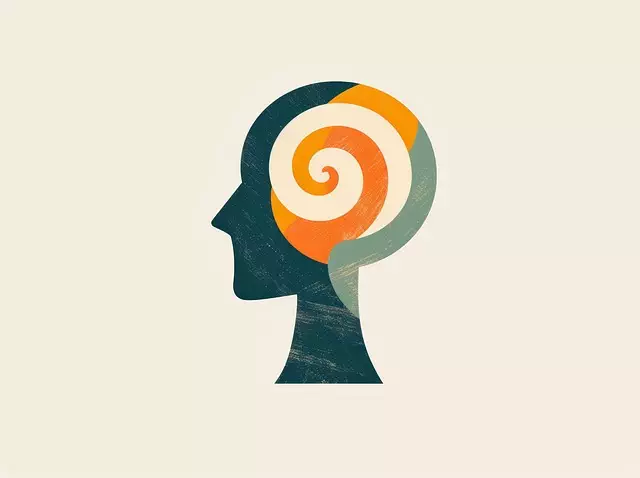Kaiser Permanente's Aurora app revolutionizes mental wellness access by offering online therapy, evidence-based practices like Compassion Cultivation, and personalized tools. Integrating resources, mood tracking, self-care goals, and secure coaching connections mirrors the services of their Aurora mental health appointment center. The app prioritizes user experience with stress management features based on Emotional Intelligence, fostering a supportive community for improved mental healthcare accessibility.
“In today’s digital age, innovation in mental wellness support is crucial. This article explores Kaiser Permanente’s groundbreaking approach to mental health with their Aurora app, a game-changer in accessible care. We’ll delve into the key features and functionality of this comprehensive mental wellness app, focusing on its impact for users like those seeking appointments at Kaiser Permanente’s Mental Health Appointment Center. By understanding development considerations, we can foster effective digital solutions for improved mental health outcomes.”
- Understanding Kaiser Permanente's Mental Health Initiatives and the Aurora App
- Key Features and Functionality of a Comprehensive Mental Wellness App
- Development Considerations: Building an Effective Mental Health Application for Kaiser Permanente
Understanding Kaiser Permanente's Mental Health Initiatives and the Aurora App

Kaiser Permanente, a renowned healthcare provider, has been at the forefront of innovative mental health initiatives, aiming to improve access and care for its members. One notable example is their development of the Aurora app, a comprehensive digital platform designed to support mental wellness. This mobile application offers a wide range of features, from scheduling Kaiser Permanente mental health appointment center sessions to providing access to online therapy and meditation resources.
The Aurora app integrates various evidence-based practices, such as Compassion Cultivation Practices, to foster a supportive environment for users’ emotional well-being. Through interactive tools and Communication Strategies, the app encourages open dialogue and self-reflection, addressing mental health concerns in a personalized manner. By leveraging technology, Kaiser Permanente demonstrates its commitment to enhancing mental healthcare accessibility and promoting cultural competency within its services.
Key Features and Functionality of a Comprehensive Mental Wellness App

A comprehensive mental wellness app should offer a wide array of features designed to support users’ emotional well-being. Key functionalities include easy access to resources and information about mental health, such as articles, videos, and interactive tools tailored to different needs. Users should be able to track their mood, set personalized goals, and receive tailored recommendations for self-care activities, mindfulness exercises, or meditation practices, similar to what one might find at a Kaiser Permanente mental health appointment center in Aurora.
The app must also facilitate connections with mental wellness coaches or therapists through secure messaging or video conferencing options, enabling users to access professional support on-demand. Additionally, integrating features that promote Stress Management, drawing from concepts like Emotional Intelligence, can empower users to develop coping mechanisms and build resilience. These might include mood journaling, breathwork exercises, guided visualizations, and progress tracking tools to help individuals stay on course with their mental wellness goals.
Development Considerations: Building an Effective Mental Health Application for Kaiser Permanente

Developing a mental health application for an organization like Kaiser Permanente requires careful consideration to create an effective tool that supports the well-being of its members, especially in locations such as the Aurora appointment center. The app should be designed with user experience in mind, ensuring it is intuitive and accessible, catering to diverse needs within the population served. Incorporating features like personalized self-care plans and resources tailored to Kaiser Permanente’s mental health services can significantly enhance its utility.
Empathy Building Strategies are vital to creating an engaging app. This could involve incorporating interactive elements that foster a sense of community and connection among users, encouraging open dialogue about mental health struggles. Integrating Self-Care Practices into the app allows individuals to access tools for stress management, mindfulness, and emotional regulation conveniently. Furthermore, considering the broader Mental Health Policy Analysis and Advocacy within the app’s scope can enable users to stay informed about relevant resources and advocate for mental health initiatives at both local and national levels.
The development of a comprehensive mental wellness app, such as the Aurora app by Kaiser Permanente’s Mental Health Appointment Center, marks a significant step forward in accessible healthcare. By integrating key features like mood tracking, mindfulness exercises, and telemedicine capabilities, these applications offer personalized support tailored to individual needs. With the right focus on user experience, data security, and evidence-based practices, mental health apps like Aurora have the potential to revolutionize how we approach and manage our emotional well-being, making mental wellness more accessible and convenient for everyone, especially within established healthcare systems like Kaiser Permanente.
